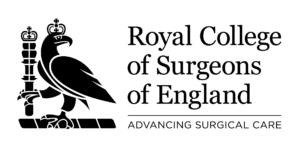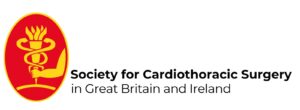Clinical expertise
Mr Shahzad Raja is a general adult cardiac surgeon. He has specialist expertise in surgical myocardial revascularisation, aortic valve and aortovascular surgery.
His technical skills include:
- coronary artery bypass grafting – both conventional and off-pump methods
- total arterial myocardial revascularisation
- bilateral internal mammary artery grafting
- use of endoscopic vein harvesting
- aortic valve replacement – both minimal access and sutureless (without stitches) methods
- transcatheter aortic valve implantation (TAVI)
- combined aortic valve surgery and coronary artery bypass grafting
Mr Raja performs the highest number of coronary artery bypass surgery operations at Royal Brompton and Harefield hospitals.
Locations
Our specialist provides care at these locations:
Biography
Mr Shahzad Raja is a consultant cardiac surgeon at Harefield Hospital, where he treats private and NHS patients.
He qualified in medicine at King Edward Medical University, Pakistan, in 1996. He then came to the UK to train in cardiothoracic surgery at Glasgow University Hospitals and Harefield Hospital. His sub-speciality interest was myocardial revascularisation and aortovascular surgery.
In 2012, he was appointed as a consultant cardiac surgeon at Harefield Hospital.
Research
Mr Shahzad Raja leads the Harefield Cardiac Outcomes Research group.
His clinical research focuses on:
- benefits of arterial myocardial revascularisation
- benefits of off-pump coronary artery bypass grafting
- strategies to improve outcomes following surgical myocardial revascularisation
- strategies to improve universal adoption of bilateral internal mammary artery grafting
- improving patient outcomes through personalised treatment strategies
He is also a clinical investigator for the UK transcatheter aortic valve implantation (UK TAVI) trial. This is a multi-centre study to assess the clinical effectiveness and cost-utility of TAVI as an alternative to conventional surgical aortic valve replacement. The study looks at patients with severe symptomatic aortic stenosis who are at intermediate or high operative risk.
Publications
Mr Raja is the author of more than 300 peer-reviewed papers, review articles, editorials, abstracts and ten book chapters. He has edited several books for undergraduates as well as postgraduates.
A recent study includes a comprehensive retrospective analysis spanning 25 years, comparing the outcomes of off-pump and on-pump coronary artery bypass grafting (CABG) in patients with poor left ventricular function. This research seeks to understand the impact of surgical strategy on in-hospital outcomes and long-term survival in this vulnerable cohort.
A second study, titled “An Exploratory Study to Review the Role of Platelet Function Testing in Improving Patient Outcomes Post-CABG Surgery,” addresses the critical issue of blood thinner (anti-platelet medications) effectiveness.





